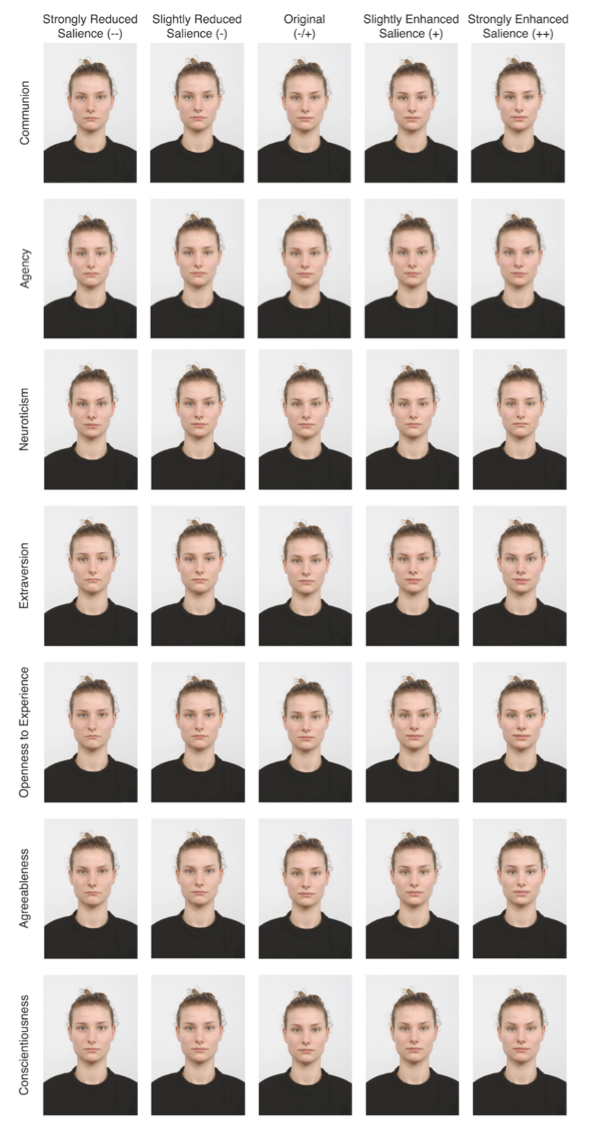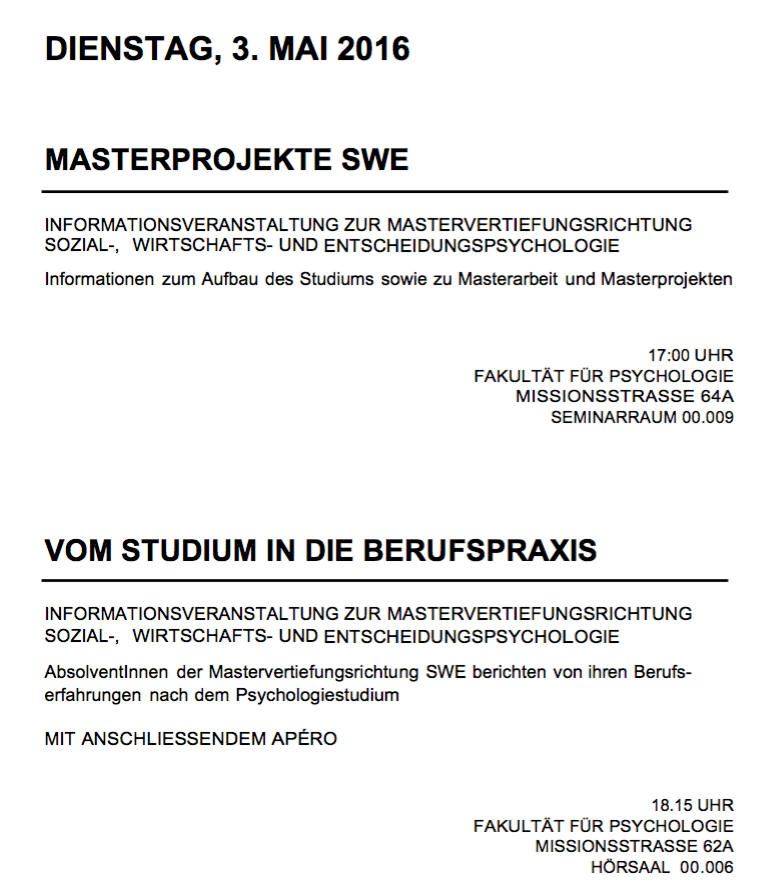
We have Sebastian Horn from the Max Planck Institute for Human Development visiting us this week and giving a talk in our Social, Economic, and Decision Psychology colloquium (Thursday, April 28, 2016, 13:00, title and abstract follow).
Rapid and Frugal Decisions from Memory: A Lifespan Overview
In many situations, decision making involves some form of remembering because relevant information (e.g., about values and possible outcomes) is not perceptually given in the environment but must be quickly retrieved. Mnemonic constraints are thus an important source of age-related differences in decision making. While there is a wealth of literature on age differences in specific memory processes (or components) on the one side and in judgment and decision performance on the other, only little research has linked these largely independent research traditions so far. In this presentation, I will provide an overview of two streams of my work on memory-dependent decisions in school-age children, adolescents, younger, and older adults: First, this will include a discussion of age differences in rapid gain-loss valuation of objects and of the contributions of associative, strategic, and numerical abilities in these tasks. Second, I sketch research on the strategic reliance on recognition for inference and point to possible sources of developmental differences in strategy use. Taken together (and in line with an ecological perspective), the findings suggest that age effects in various memory-based decisions follow the distinct lifespan trajectories of the required abilities and, ultimately, on the interplay with the task environment.







